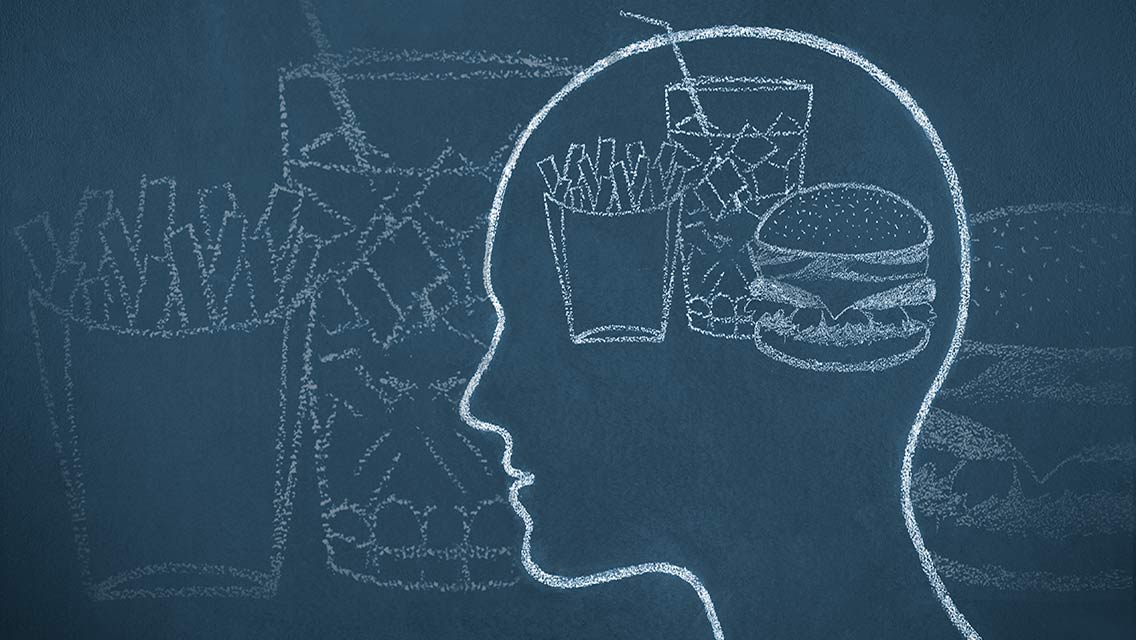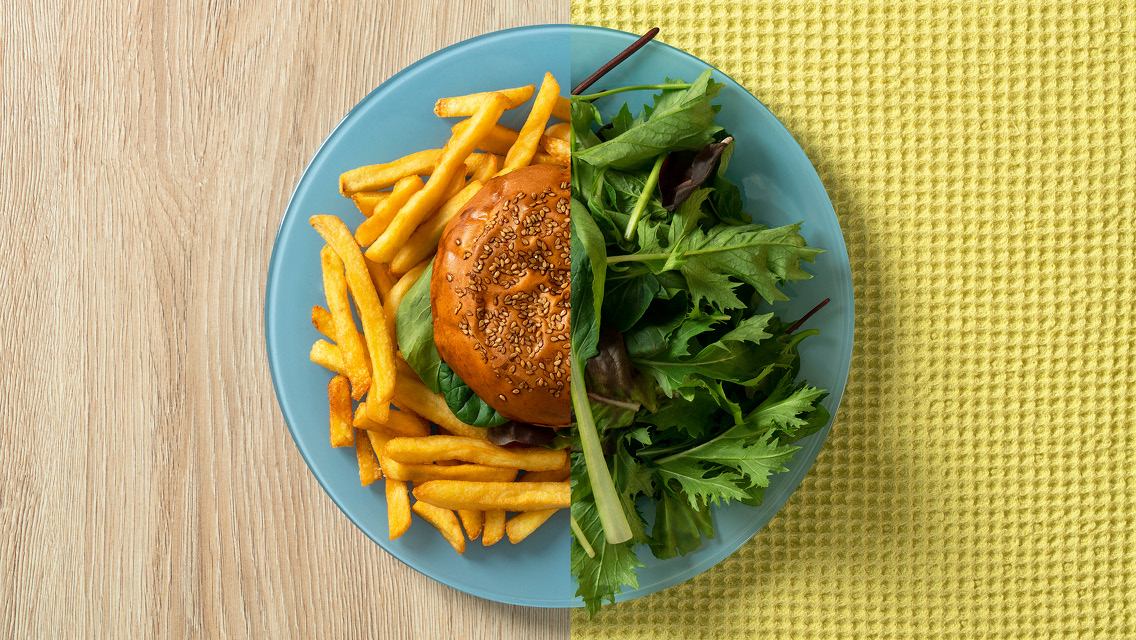The rocky journey toward a plausible treatment for Alzheimer’s encountered another speed bump last week. Ivan Cheung, CEO of Eisai, makers of the latest miracle drug, suggested during a news conference that desperate dementia sufferers might want to check their genetic makeup before signing up for a dose of lecanemab.
Two participants in a clinical trial of the drug recently died from a brain hemorrhage, and though the company has strongly denied that the drug was responsible for their deaths, Cheung advised anyone carrying a genetic variant that increases the risk of bleeding in the brain to steer clear of the medication unless they’re willing to be closely monitored while taking it. What he didn’t mention is the fact that seniors are five times more likely than their younger counterparts to suffer a brain bleed.
While none of this is likely to prevent the Food and Drug Administration from granting accelerated approval of lecanemab next year, other news from the frontiers of dementia research last week may offer a less worrisome approach to taming this vexing disease.
Analyzing the diets and cognitive performance of nearly 11,000 participants in the Brazilian Longitudinal Study of Adult Health over a 10-year period, researchers at the University of São Paulo concluded that those whose daily consumption of ultraprocessed foods accounted for a mere 20 percent of their total caloric intake increased their risk of developing cognitive dysfunction. If you’re keeping track of such things, those 400 calories in a 2,000-calorie diet are easily eclipsed by the 530 calories in a small order of fries and a cheeseburger at your local McDonald’s.
“People who consumed more than 20 percent of daily calories from processed foods had a 28 percent faster decline in global cognition and a 25 percent faster decline in executive functioning compared to people who ate less than 20 percent,” study coauthor Natalia Gonçalves, PhD, tells CNN.
It’s all about inflammation, which is triggered by eating foods high in sugar, salt, and fat, explains Rudy Tanzi, PhD, director of genetics and aging at Massachusetts General Hospital. “[It’s] perhaps the most major threat to healthy aging in the body and brain.”
But too much junk food also means you’re missing out on healthier fare. “Since they are convenient as a quick meal, they also replace eating food that is high in plant fiber that is important for maintaining the health and balance of the trillions of bacteria in your gut microbiome,” Tanzi adds. “[This] is particularly important for brain health and reducing risk of age-related brain diseases like Alzheimer’s disease.”
Ultra-processed foods dominate the average American diet, accounting for about 58 percent of daily caloric intake. And while public-health officials and Big Pharma haven’t yet connected the dots when considering the factors behind the continuing rise in dementia cases, the Brazilian study offers some instructive clues — and perhaps a worthwhile treatment approach.
“While this is a study of association, not designed to prove cause and effect, there are a number of elements to fortify the proposition that some acceleration in cognitive decay may be attributed to ultraprocessed foods,” notes preventive-medicine specialist David Katz, MD, MPH, who was not involved in the study.
Conversely, he notes, cutting back on junk food may ease the harm done to the brain. Those study participants whose diets included some junk food but mostly featured quality whole foods were able to mitigate the cognitive damage caused by ultraprocessed fare. “Atypical as it seems, apparently some of the participants managed it,” Katz notes. “And when diet quality was high, the observed association between ultraprocessed foods and brain function abated.”
Katz is correct to caution us about making too much out of these results; Gonçalves’ study doesn’t prove causation. But there’s plenty of previous research showing how our addiction to junk food leads to cardiovascular disease, diabetes, cancer, and obesity, so even if we can’t be sure whether avoiding ultraprocessed fare will lower the risk of dementia, a move toward a healthier diet offers all sorts of other benefits.
And if there’s some chance that a healthier diet will keep our aging brains humming effectively by the time Cheung and his Big Pharma colleagues finally come up with a pill to treat Alzheimer’s, maybe we won’t need it.





This Post Has 0 Comments